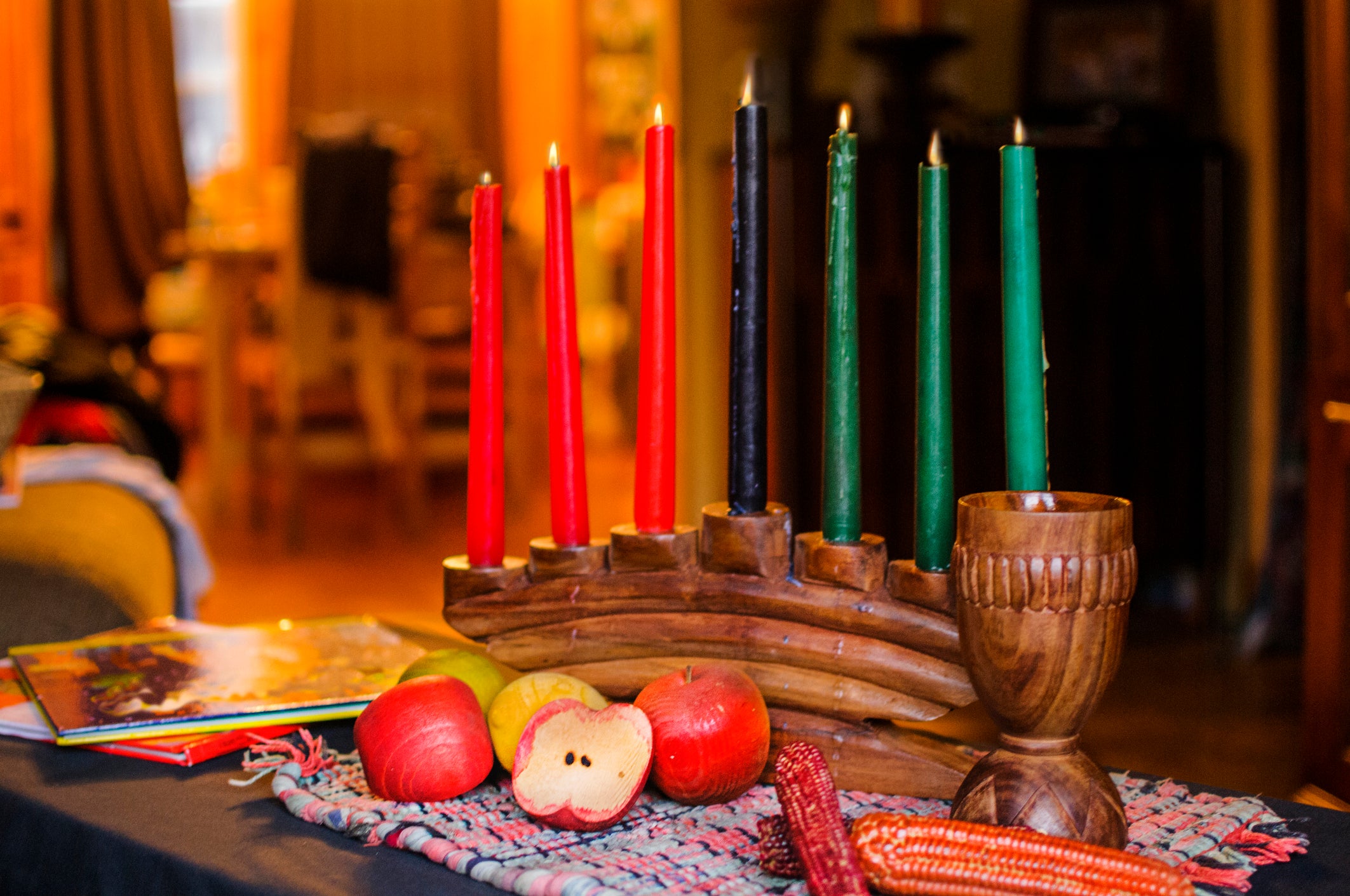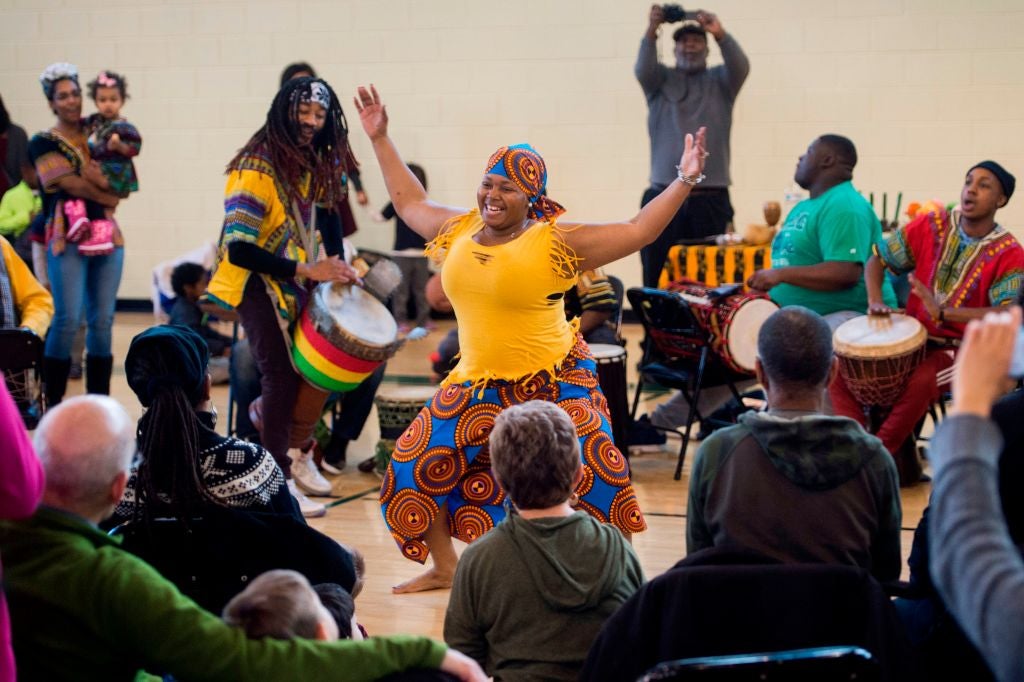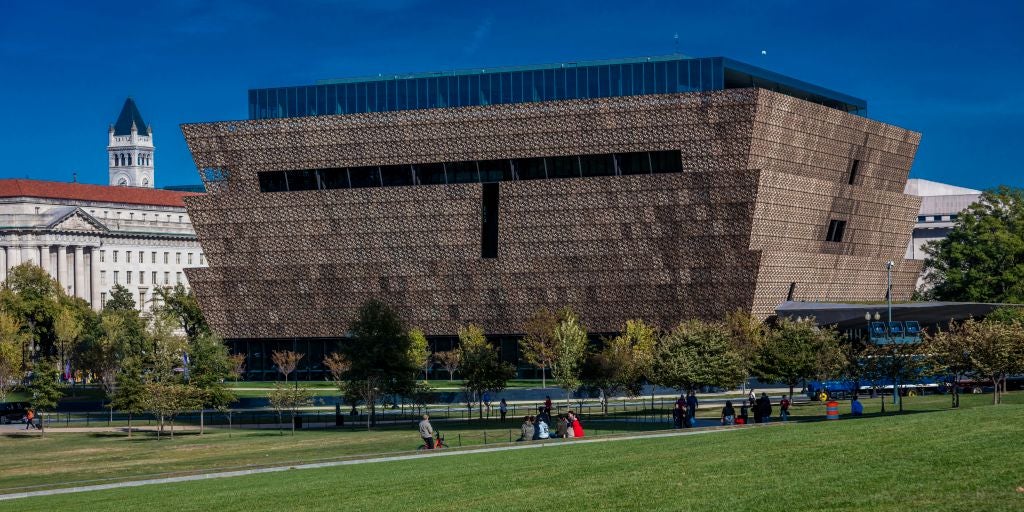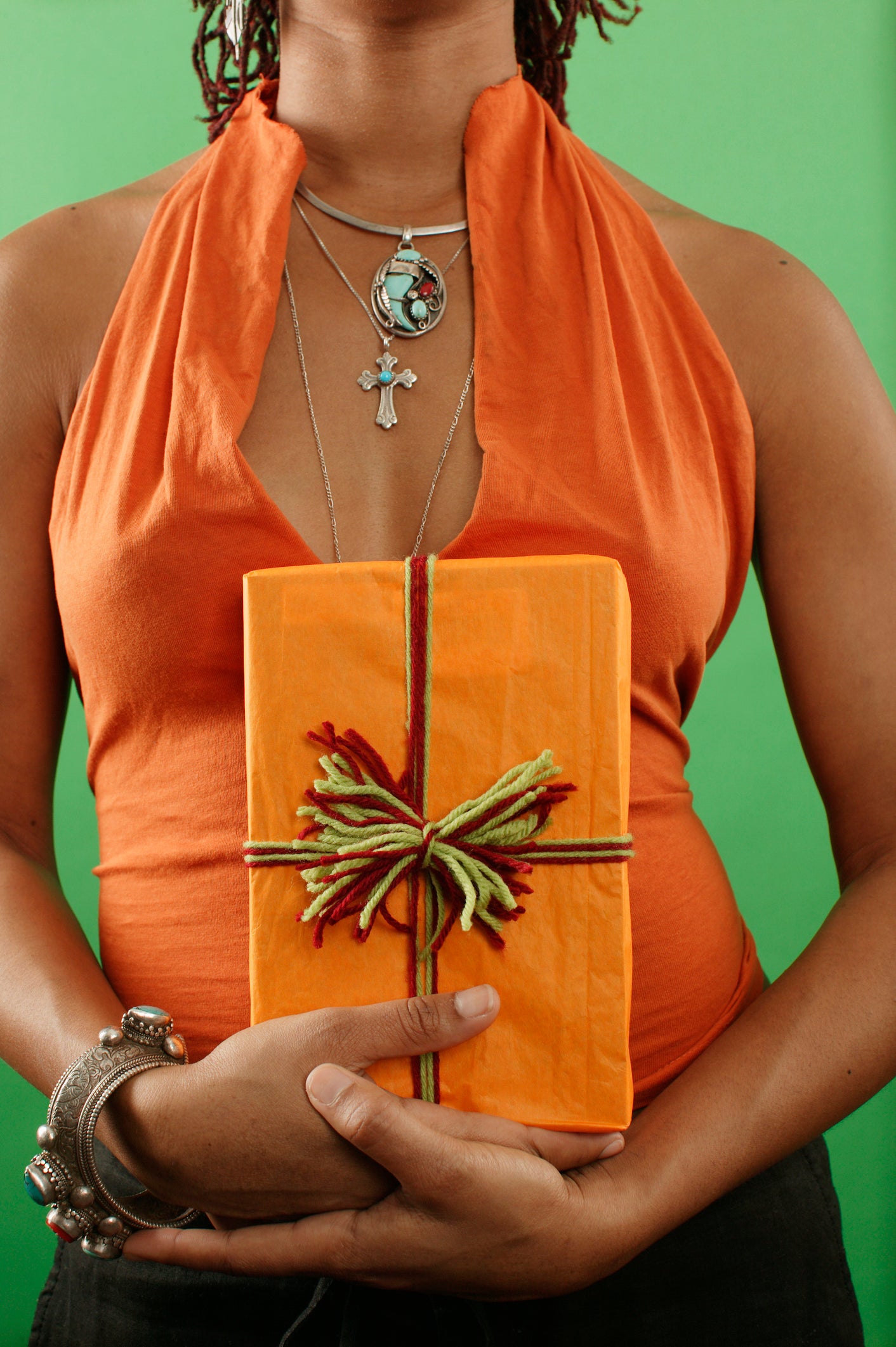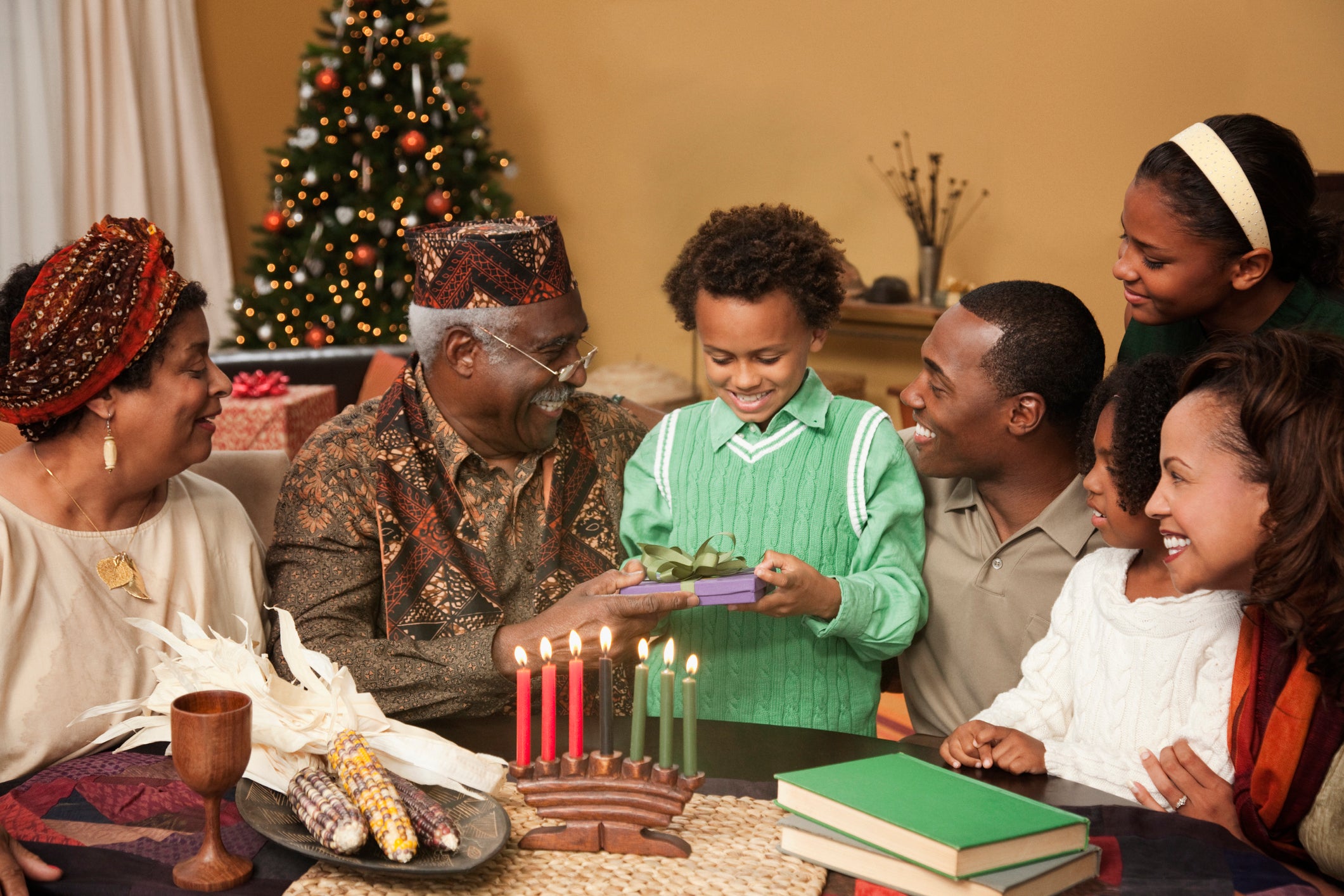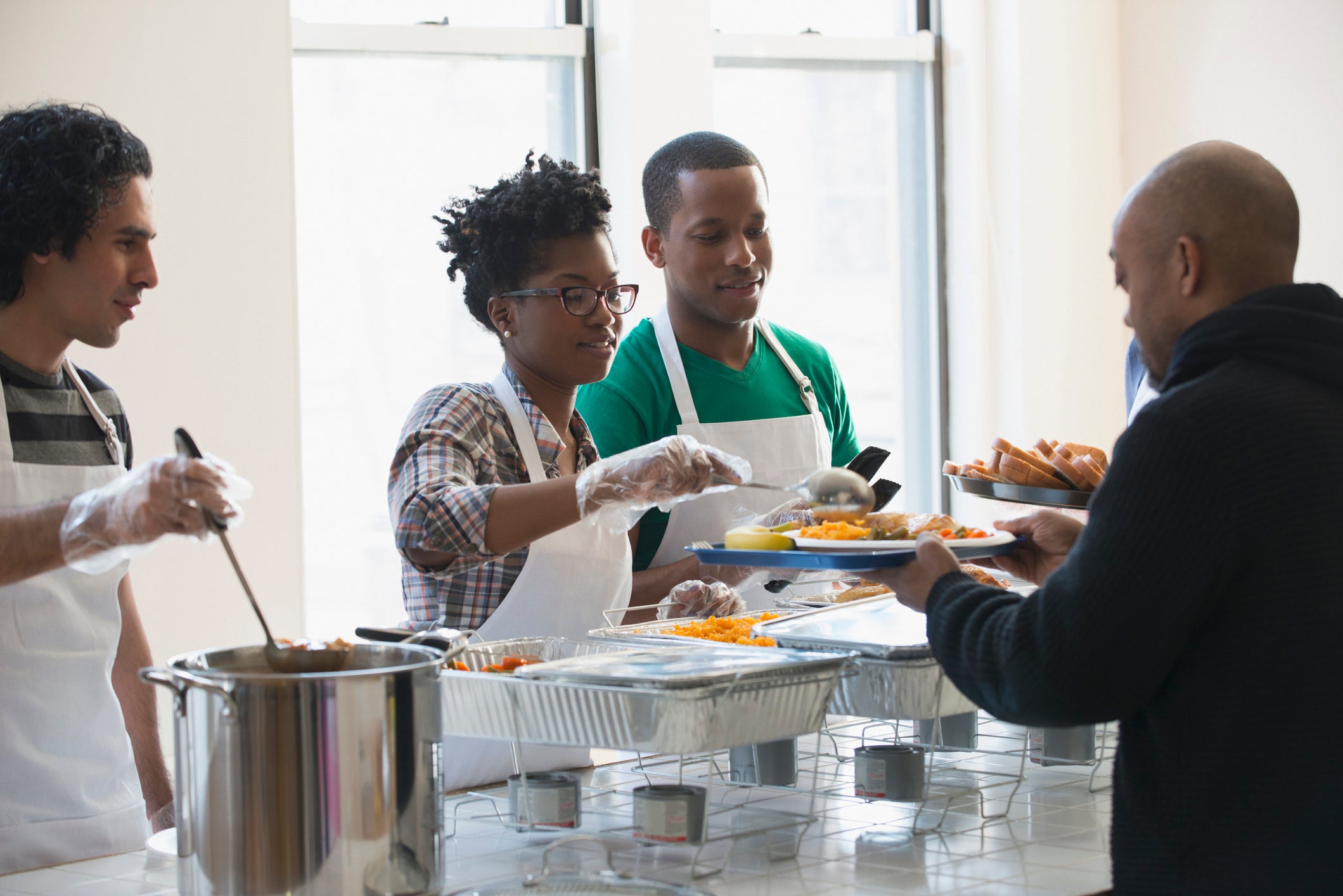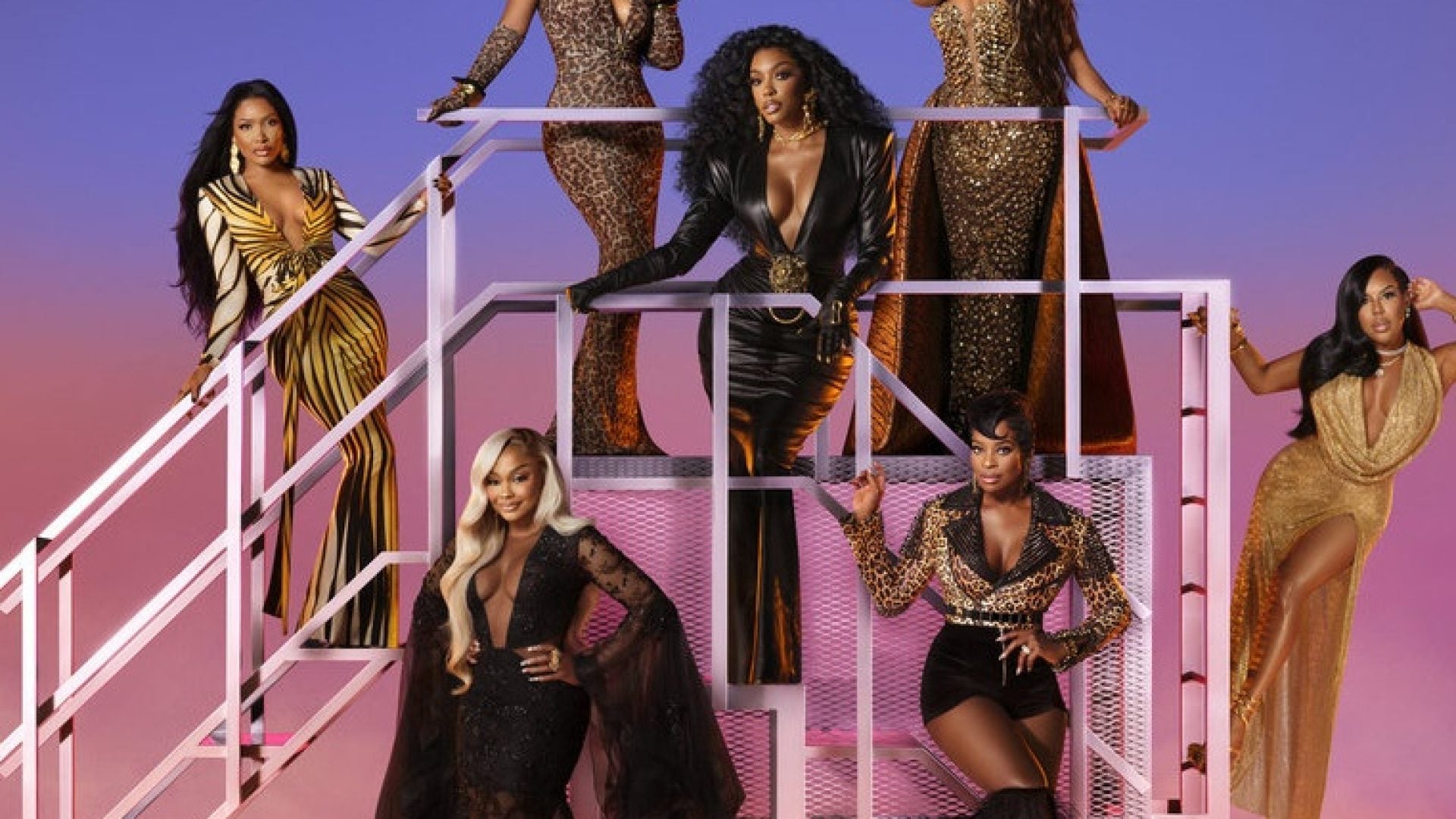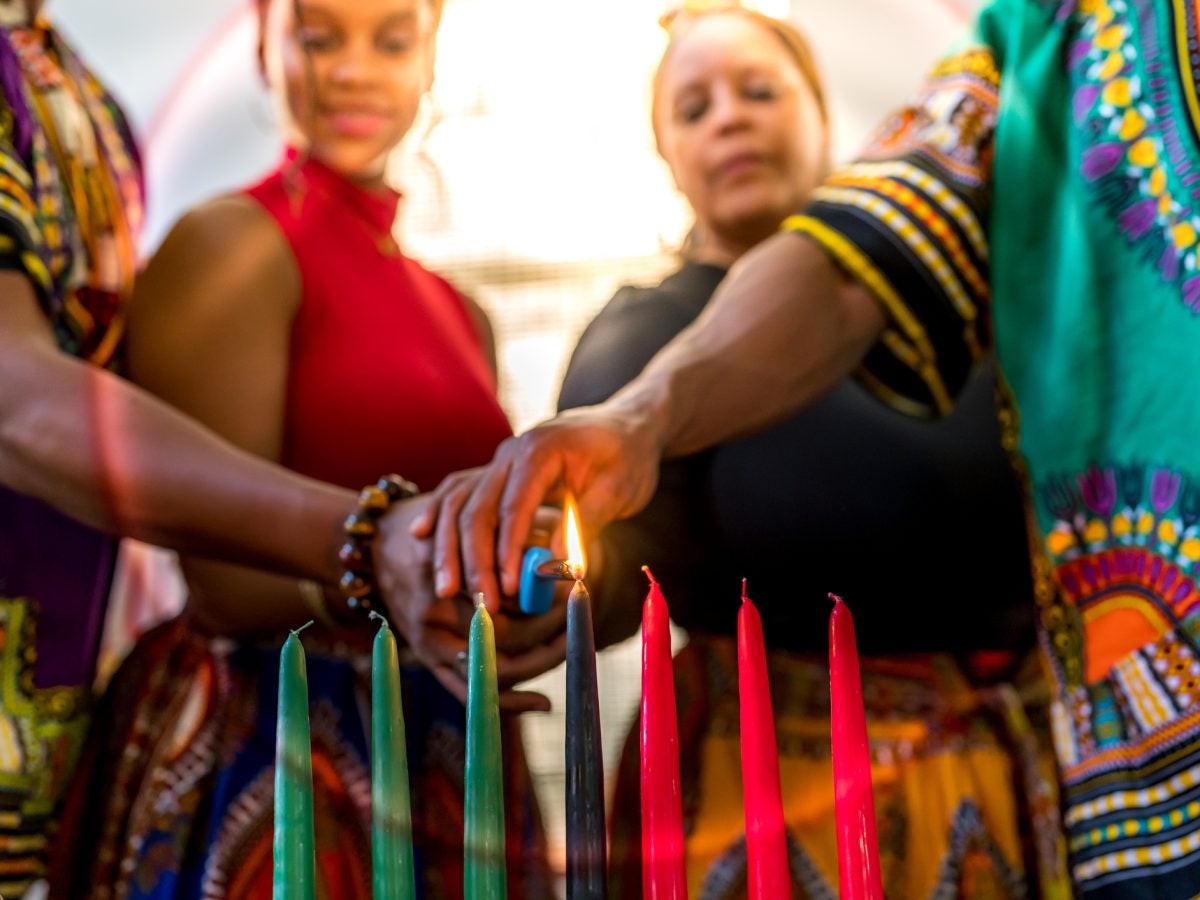
Now that the Christmas rush has settled, Kwanzaa is here to help us reflect and embrace our culture.
A solid grand closing to the year, the weeklong cultural celebration is intended to bring Black people together and think about the values that can keep us moving forward in a world that consistently attempts to set us back. Think New Year’s resolutions, but for a whole community.
Starting on December 26, Kwanzaa centers on embracing a different principle (the Nguzo Saba) for seven consecutive days until January 1. The first day, Umoja, means unity in Swahili.
If it’s your first time celebrating Kwanzaa or your 50th, here are ways you can join this tradition.
Article continues after video.
